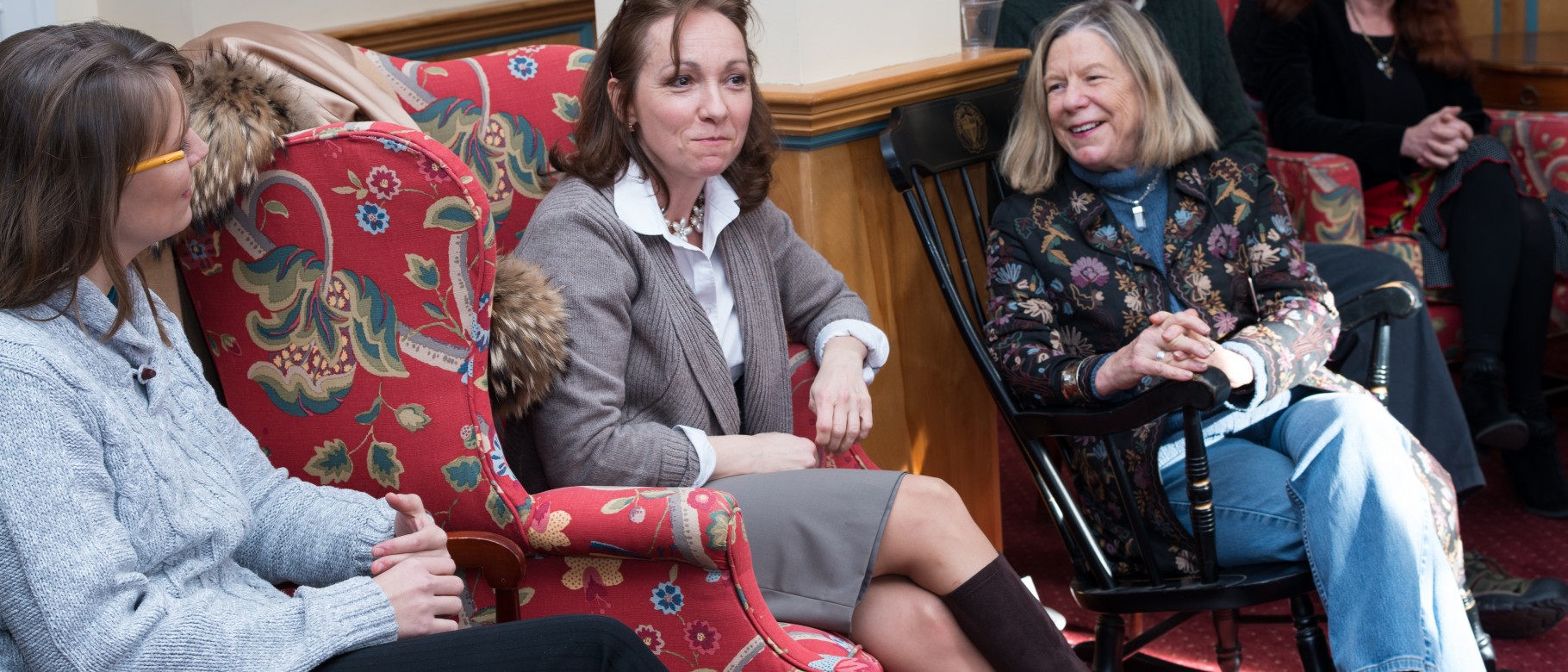Nancy MacRae’s pilot study on self-care program published

A pilot study co-authored by Nancy MacRae, M.S., OTR/L, FAOTA, associate professor in the Department of Occupational Therapy, was recently published in Work, a journal focused on prevention, assessment, and rehabilitation, in a special issue about faculty.
In the fall of 2013, MacRae and Kelley Strout, Ph.D., R.N., assistant professor in the School of Nursing at the University of Maine, invited faculty and staff members to participate in a voluntary self-care program. Faculty, staff and students are often told of the importance of self-care, but many people do not allow themselves the time and energy to perform it.
Aside from the benefit of happier employees, the larger goal of the project was for UNE faculty and staff to internalize and model these critical behaviors for students in the hope of building a reinforcing system that encourages self-care at all levels. Occupational therapy works with people to facilitate their ability to do the things they want or need to do. Self-care is a goal for clients with acute and chronic conditions, as well as for people in general. Improving self-care skills can often be preventive and help with a sense of wellbeing. As self-care is an over arching theme of O.T., involvement in this project was a good fit.
An interprofessional group of twenty volunteers from the Departments of Occupational Therapy, Nursing, Pharmacy, Physician Assistant, Art and Counseling Services agreed to participate. The participants took personal assessments of wellbeing in six domains: emotional, spiritual, physical, social, intellectual, and occupational. Members were also assisted with personalized goal setting for the semester. By the end of the program, participants took a post-evaluation and specifically reported that it felt good to get together and focus on wellness. The group enjoyed the emphasis on spirituality and making connections with others, the relaxing and comfortable atmosphere of the group, the ability to learn from all members, community building camaraderie, supportive group process and learning how to be compassionate with self.